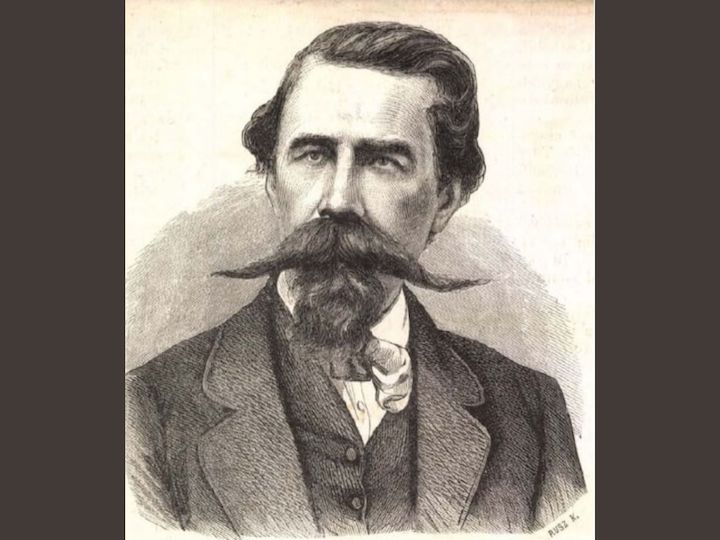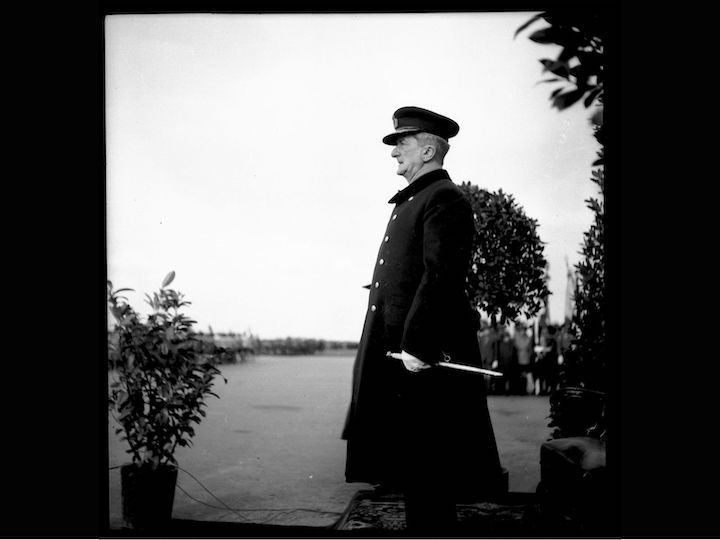
A nap, amikor a kormányzó „horgonyt vethetett” 30 évvel ezelőtt került sor Horthy Miklós újratemetésére Kenderesen
„Aligha állítható, hogy a Horthy Miklósról eddig megjelent tanulmányok, kiadványok az elmúlt évtizedekben érvényesülő politikai szempontok szerint már egy objektív történészi értékelésnek felelnének meg. Ismételten hangsúlyozom, hogy a történeti megítélés is többféle lehet, de nem állhat ellentétben a tényekkel. Ebben az értelemben feltétlenül szükségesnek tartanám a megfelelő források felhasználásával a korrekt történeti kép kialakítását.” (Antall József, 1991)
„Ilyen rohama még Napóleonnak sem volt” A perlaszi ütközet (1848. szeptember 2.)
A délvidéki magyar csapatok parancsnoka, báró Philipp von Bechtold altábornagy hezitáló magatartásával nemcsak alparancsnokai, hanem a beosztott tisztek is elégedetlenek voltak.
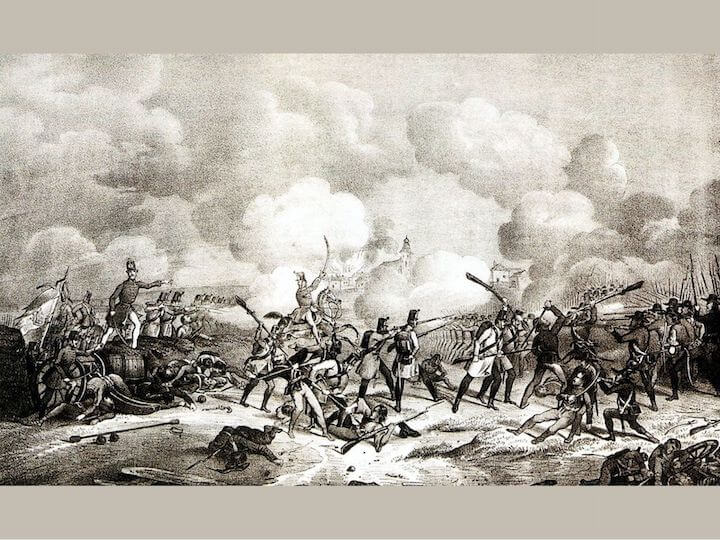
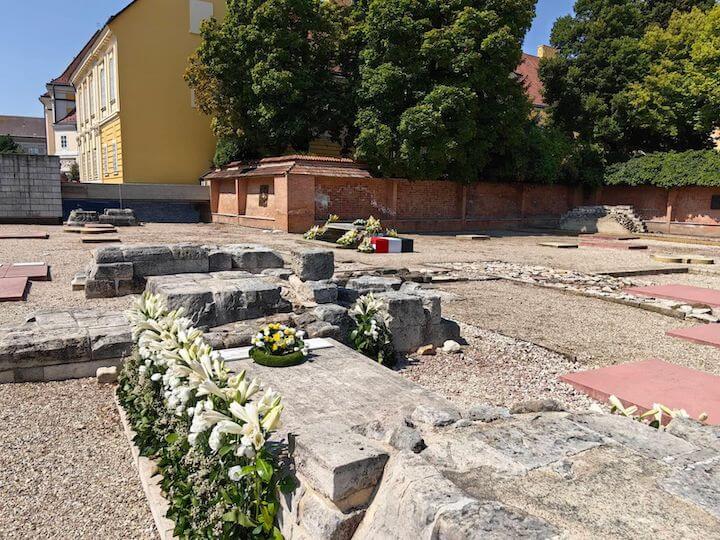
Székesfehérvár – bölcsőtől a sírig 1031. szeptember 2-án hunyt el Szent Imre herceg
A Hildesheimi Évkönyv 1031 eseményeit sorolva egy fiatal herceg haláláról ad hírt. „Ugyanebben az évben a császár fia, Henrik király, aki egyben Bajorország hercege s István magyar király kölcsönös esküvel megerősítették a békét. Továbbá István király fia, Henrik, az oroszok hercege, akit egy vadászaton vadkan hasított fel, siratni való módon szerencsétlenül járva meghalt.”
Salamon Ferenc, a török kor zseniális történésze
Augusztus 29-e az oszmánok szerencsenapja, e napon foglalták el Nándorfehérvárat (1521), győzték le a magyar sereget Mohácsnál (1526), és foglalták el Budát (1541). Főként ezek az események teszik emlékezetessé augusztus 29-ét. De 1825-ben ezen a napon született a török kor egyik kiemelkedő történésze is.
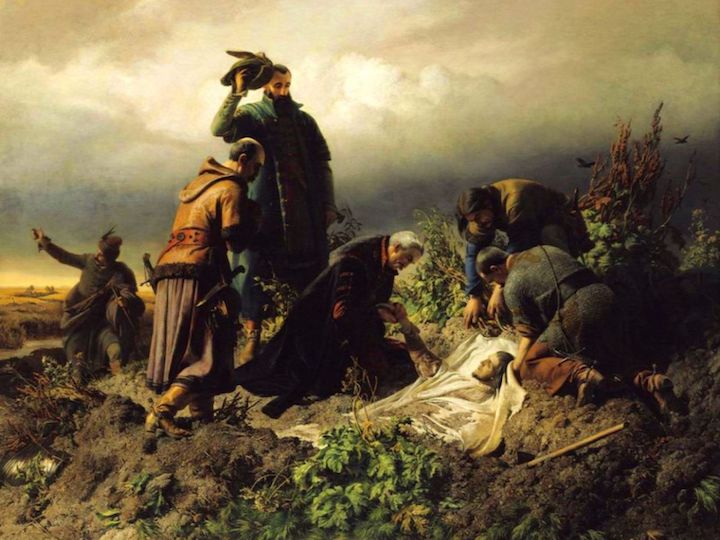
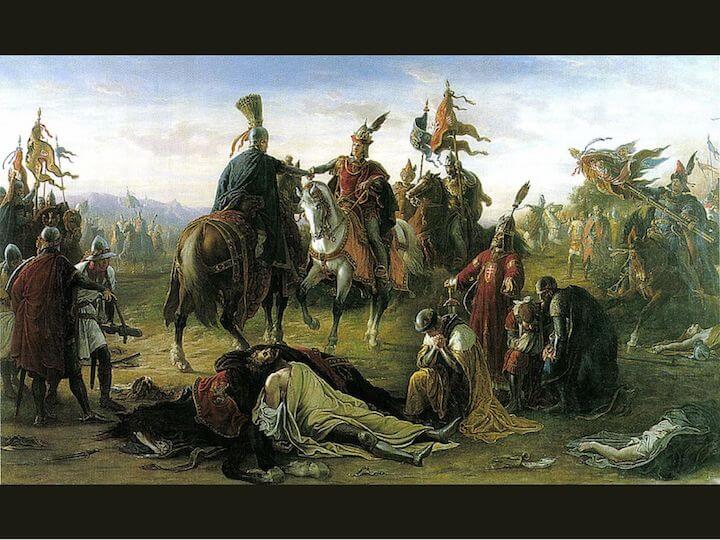
Második morvamezei csata
A mérleg nyelve – Közép-Európa sorsfordítója 745 éve vívták meg a második morvamezei csatát.
Mándoky, a kipcsak-török népek fáklyavivője
1992. augusztus 22-én hunyt el a Kaszpi-tenger partján fekvő Mahacskalában teljesen váratlanul, alkotóereje teljében, negyvennyolc évesen Mándoky Kongur István nyelvész, turkológus, etnográfus.


Halál és felemeltetés II. 940 évvel ezelőtt avatták szentté I. István királyt
1083. augusztus 20-án avatták szentté Székesfehérvárott Istvánt, az első magyar királyt. Halála után 45 évvel és 5 nappal kezdődött utóéletének a felemeltetéssel szentesített nyilvános szakasza. A Szent István-i életmű a római kereszténység jegyében létrehozott jogfolytonos magyar állam. Nemzedékek hosszú sora értelmezi az első ezredforduló főszereplőjének életét és tetteit: a régmúltról való gondolkodásban máig megkerülhetetlen az első magyar király alakjához történő viszonyulás.
Halál és felemeltetés I. 985 éve hunyt el Szent István király
Szűz Mária mennybevitelének napja, augusztus 15-e a katolikus egyház legjelentősebb Mária-ünnepe. Az egyetemes (katolikus) kereszténység Mária-alakja Magyarországon sajátos magyar névvel és jelentésárnyalattal gazdagodott: a Nagyboldogasszony elnevezés ősvallási hagyatékot is tükröz, emellett az új vallás meghatározta kultúrkörben Szűz Mária szakrális politikai (fő)szerepet kapott, Magyarország égi védelmezője, patrónája lett. Az ő ünnepén halt meg az 1038. esztendőben az, akinek mindezt így rendelte: István király.
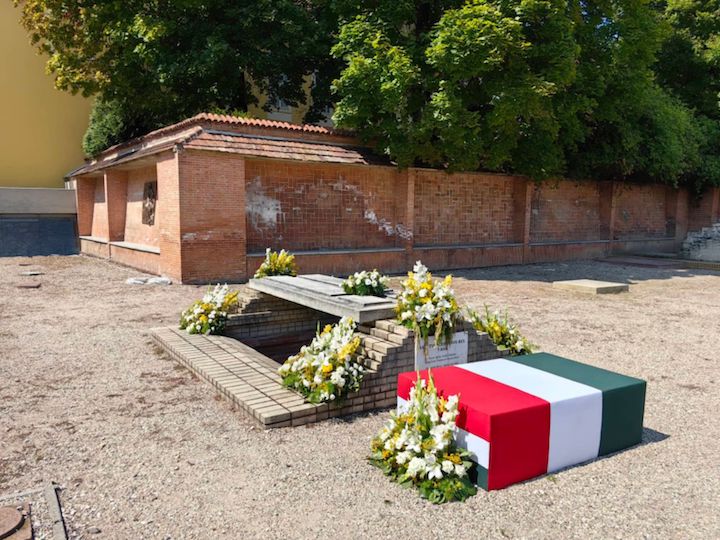
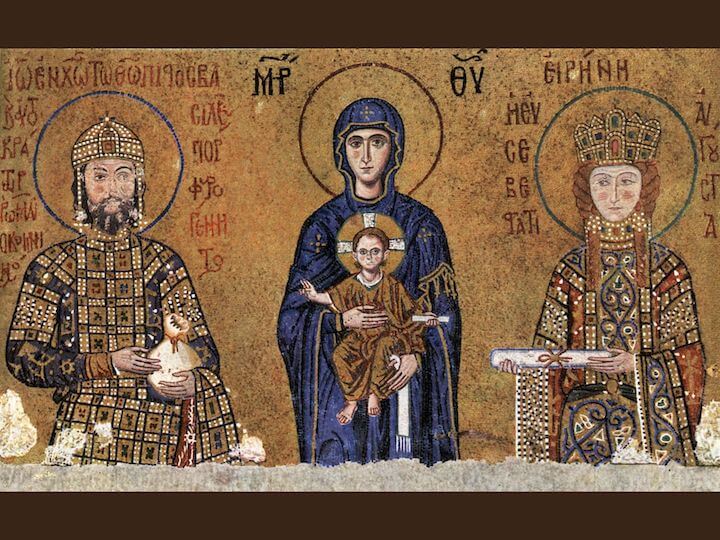
Szent királynak szent leánya
Egy szent király leánya és egy nagy bizánci császár édesanyja volt, majd az ortodox kereszténység szentjévé vált. Két keresztnevén is ismerjük, mégis mintha a magyar történeti köztudatban nem élne oly elevenen emléke, ahogy megérdemelné. Árpád-házi Piroska, avagy Bizáncban kapott nevén Eiréné 1134. augusztus 13-án hunyt el.
A francia–magyar kapcsolat
A diplomáciában elengedhetetlen a személyes összeköttetés az egyeztetések kezdeményezéséhez, sikerességéhez. A dualizmus idején pedig különösen élénk volt a francia–magyar kapcsolat, amelynek egyik meghatározó alakja volt Türr István. A „rettenthetetlen magyarként” is emlegetett kalandos életű tábornok 1825. augusztus 11-én született Baján Thier Jakab vaskereskedő családjában.
